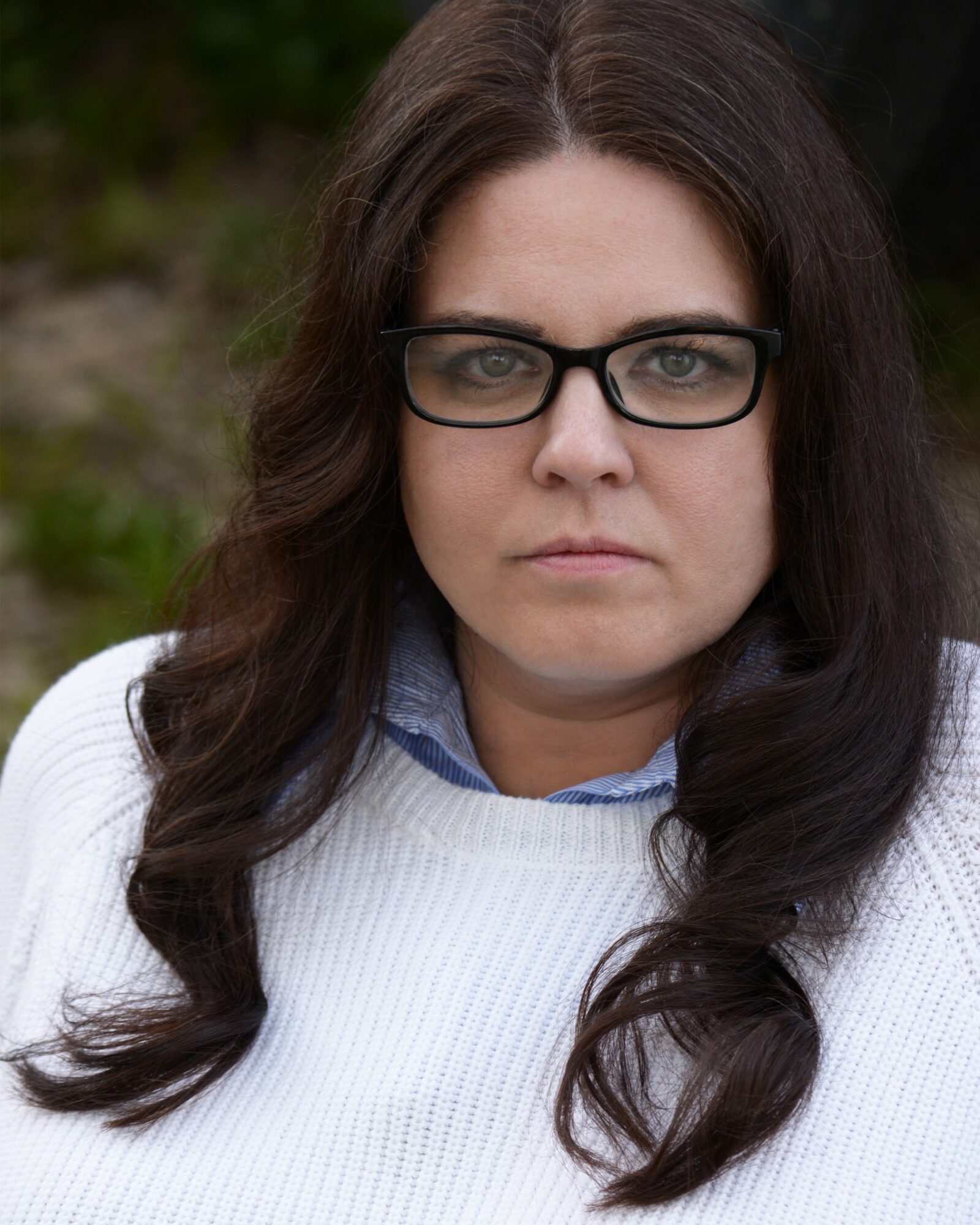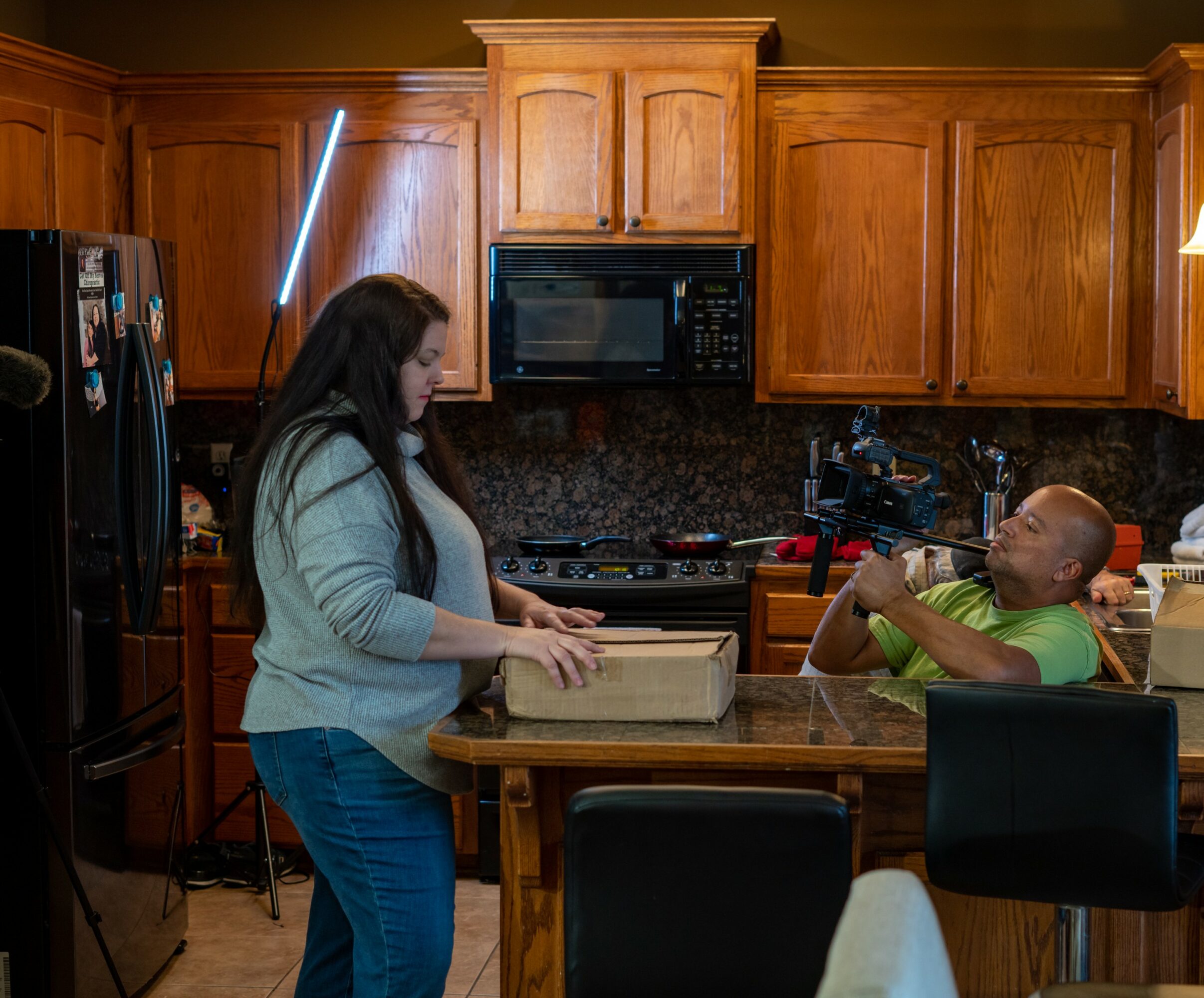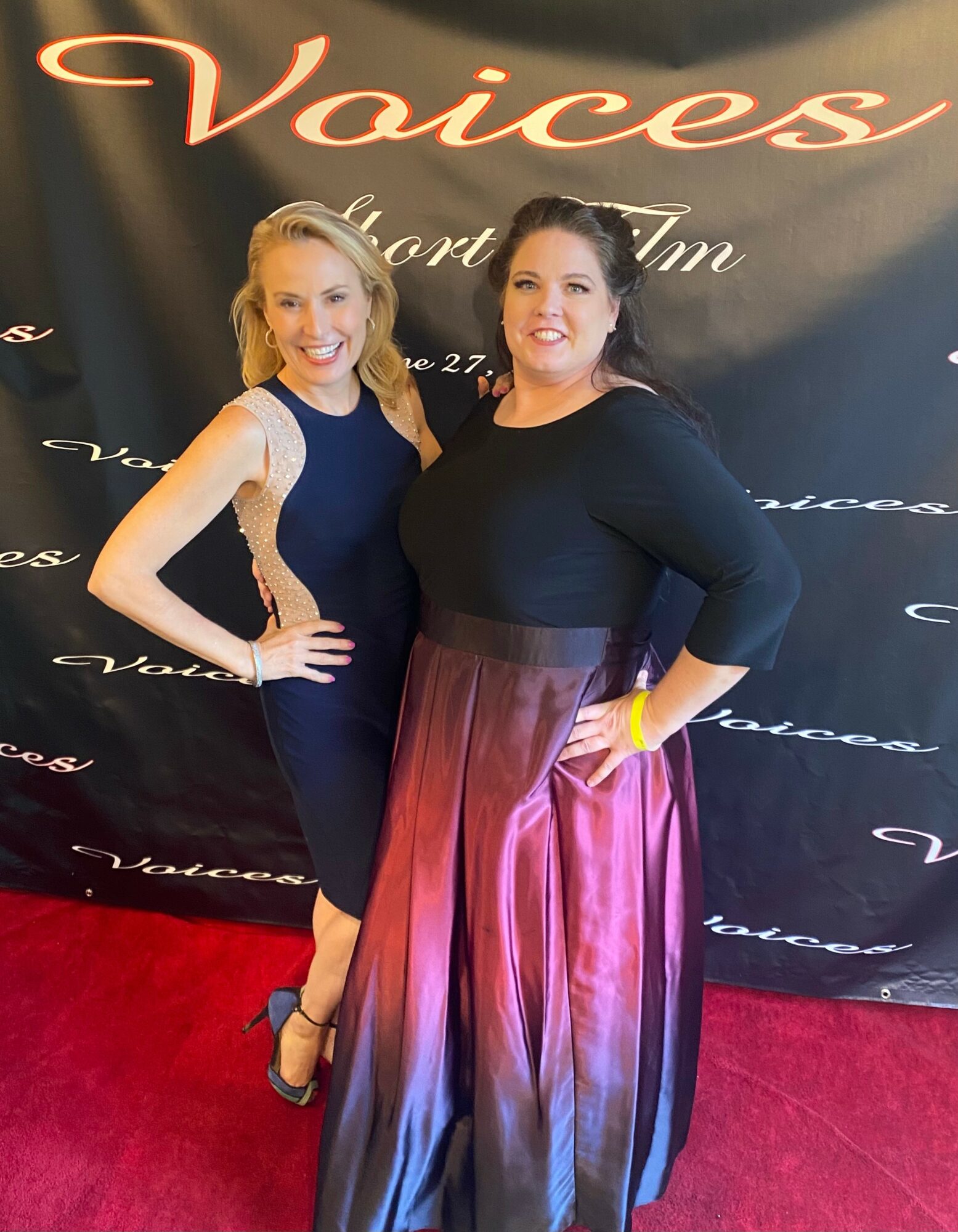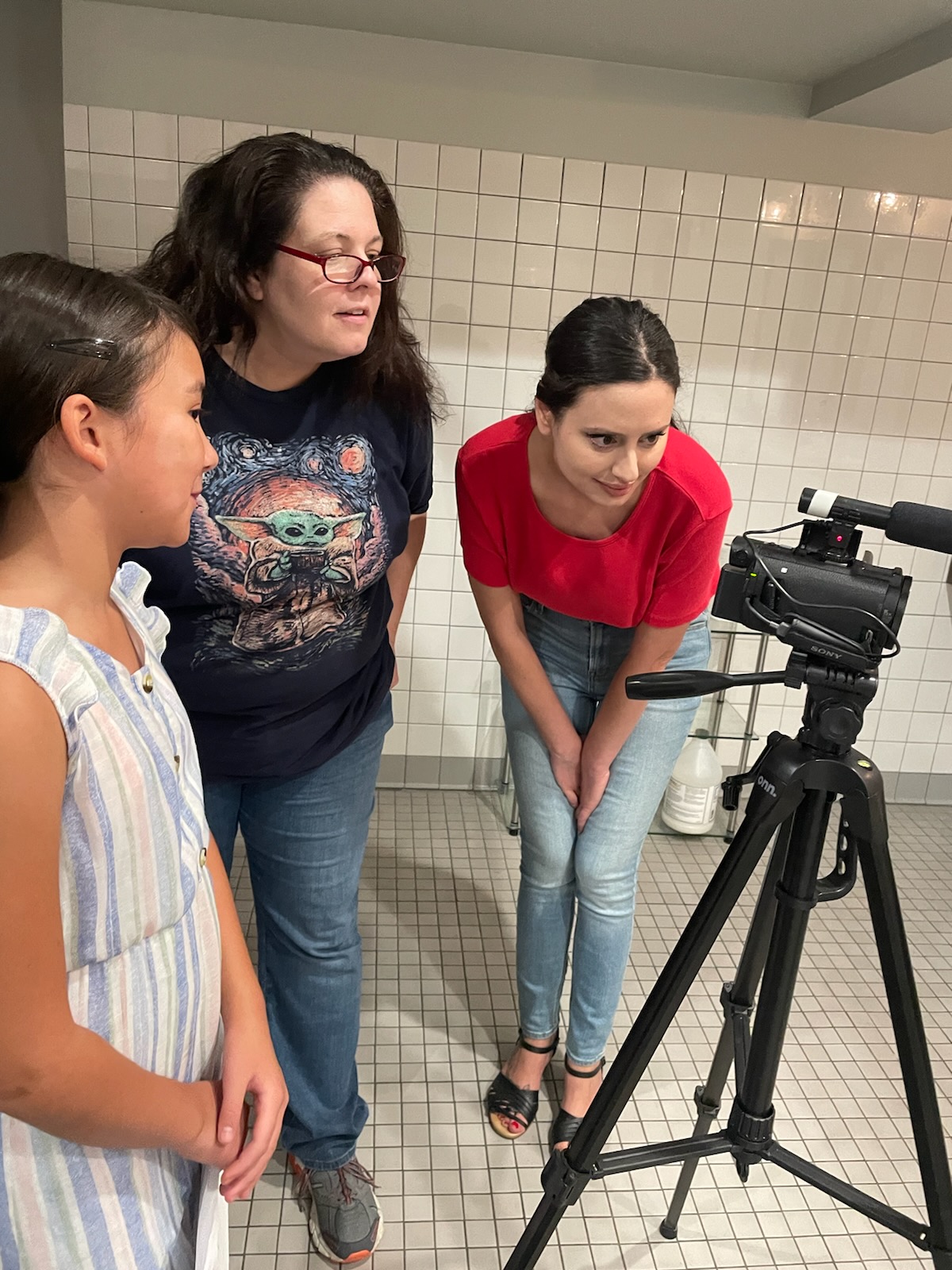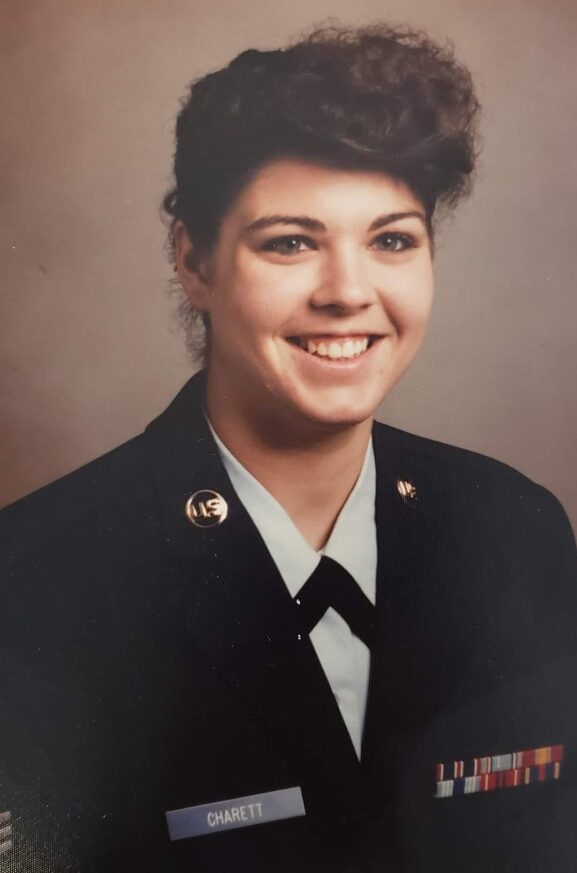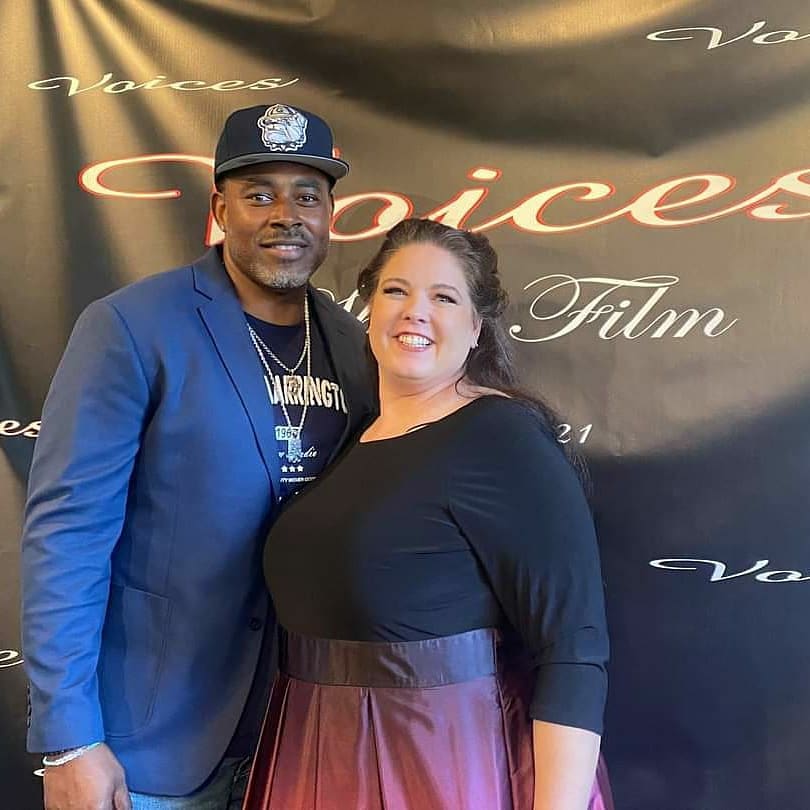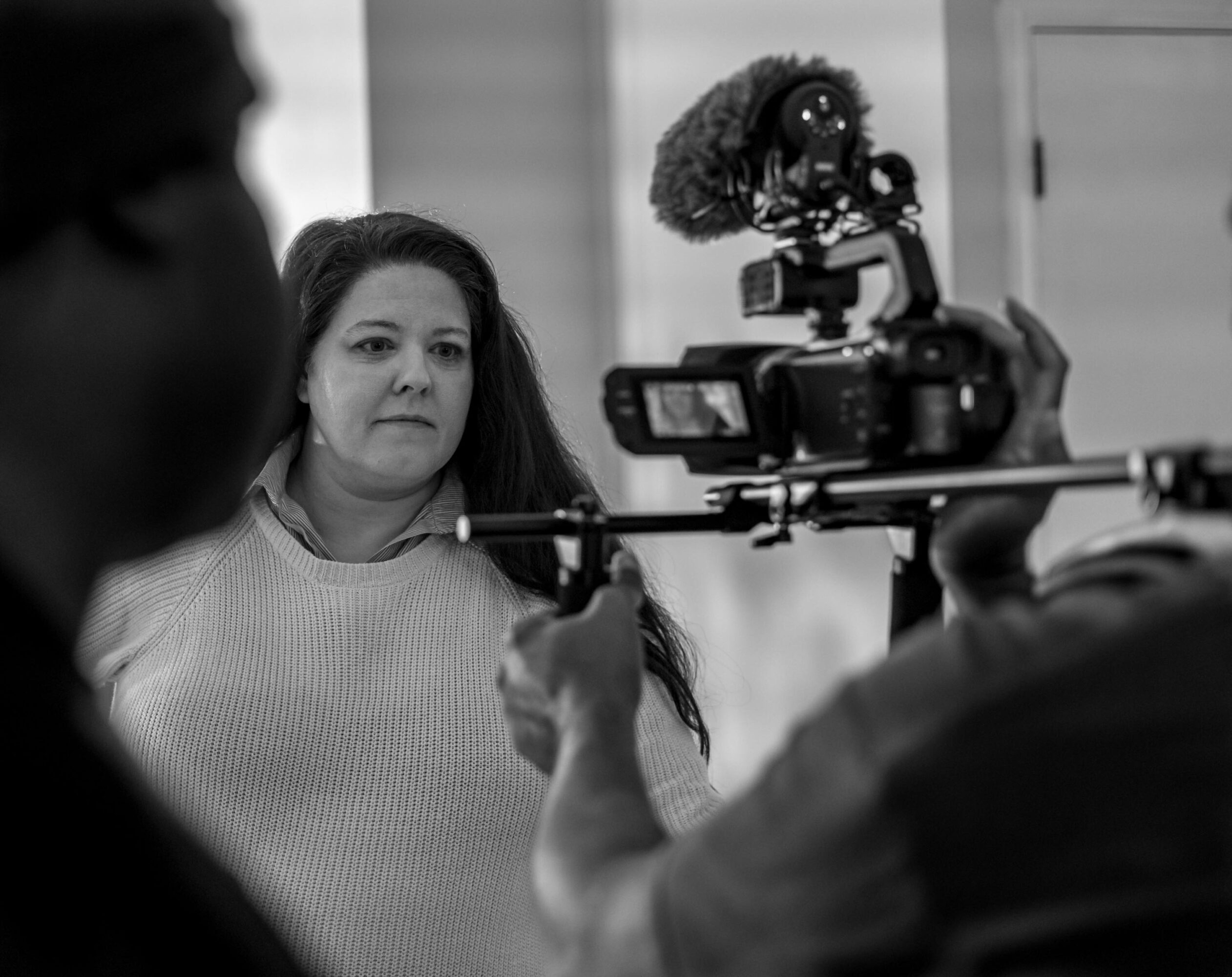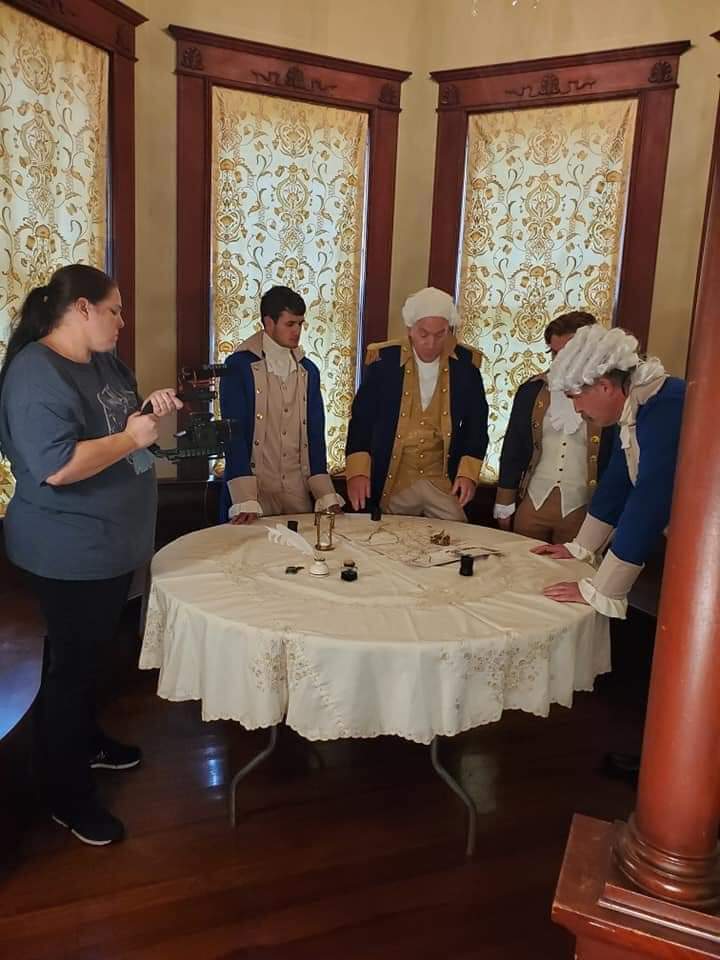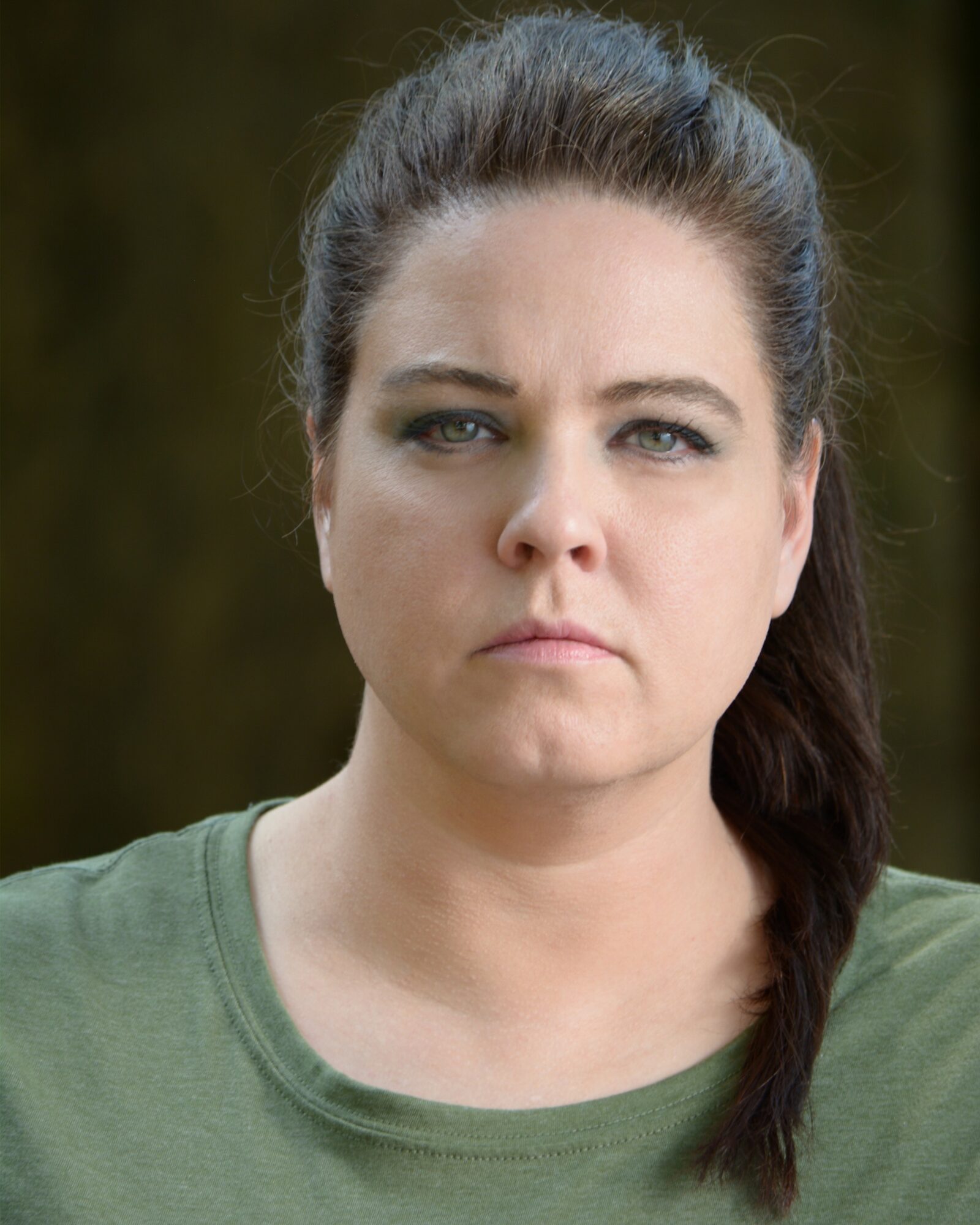

DeAnna Charett shared their story and experiences with us recently and you can find our conversation below.
Good morning DeAnna, it’s such a great way to kick off the day – I think our readers will love hearing your stories, experiences and about how you think about life and work. Let’s jump right in? What do you think is misunderstood about your business?
People often think Bad Habitz Productions grew out of our nonprofit, but it’s actually the other way around. Bad Habitz Productions was founded in 2020 as a professional film production company focused on creating high-quality, commercially viable films in Louisiana. In 2021, after recognizing how few veterans were trained for film industry work, DeAnna founded Bad Habitz Organization — a 501(c)(3) nonprofit — to fill that gap.
Today, the two work side by side: Bad Habitz Productions leads the creative and production work, while Bad Habitz Organization trains and supports veterans entering the film industry. Together, they create stories with purpose, opportunities with impact, and films that build both careers and community
Can you briefly introduce yourself and share what makes you or your brand unique?
I’m DeAnna Charett, founder and CEO of Bad Habitz Productions, a Louisiana-based film production company that blends cinematic storytelling with social purpose. After 20 years of military service and more than 18 years in the film industry — working as an actor, director, producer, and location manager — I founded Bad Habitz Productions in 2020 to create Hollywood-quality films right here in Louisiana, while building real career opportunities for veterans and local talent.
When I realized there weren’t enough veterans trained for work in the film industry, I launched Bad Habitz Organization, a 501(c)(3) nonprofit, in 2021 to bridge that gap. The two work hand-in-hand: the production company makes films, and the nonprofit trains and employs veterans to work on them.
What makes us unique is our dual-impact model — we’re not just telling stories, we’re creating pathways. Every film we produce helps grow Louisiana’s creative economy, trains new industry professionals, and empowers those who’ve served to find purpose through creativity.
Right now, we’re developing three major feature films:
Dealer’s Choice, a comedy set in a Baton Rouge casino on the edge of collapse;
DEFCON4: Korea – Land of the Morning Calm, a military thriller inspired by real-world events; and
The Saint of Cairo, a psychological thriller spanning 1980s Cairo and modern-day New Orleans.
Our goal is simple — to tell unforgettable stories while proving that film can be more than entertainment. It can be infrastructure, opportunity, and healing — one story, one veteran, one community at a time.
Great, so let’s dive into your journey a bit more. Who taught you the most about work?
That’s a tough one — and honestly, a little emotional. I was raised by my mother and my maternal grandparents, and each of them shaped my work ethic in their own unforgettable way.
My grandparents were true products of their time — my grandfather was born in 1902 and my grandmother in 1909. They grew up through World War I and the Great Depression, and survival back then meant working early. My grandfather left school after the second grade to help his family, and my grandmother after the ninth. They didn’t have the luxury of dreams — they had duty.
I still smile when I think about my grandfather’s stories. At thirteen, he ran away from home in Evansville, Indiana, to help build the Fort Knox military installation in Kentucky. He used to laugh as he told me how he was driving a mule-drawn cart, cigarette in hand, when his Uncle Chester showed up to take him back home — and how he had to spit out the cigarette before Uncle Chester caught him! My grandfather hustled his way through life — odd jobs, hard work, even running moonshine — anything to make his own way.
My grandmother, on the other hand, worked for the telephone company and loved to tell how she and the other operators would secretly listen in on the calls — she’d laugh and say, “That’s how we kept things interesting back then!” When she and my grandfather married in 1937, they built everything together — a home, a family, and a tire service business in Mobile, Alabama. My grandfather made sure his employees always got paid, even when he couldn’t pay himself. My grandmother stretched every penny — she’d have my grandfather drive miles just to save a dollar, coupons in hand, and always came out ahead.
Then there’s my mother — she was the next chapter of that work ethic. She joined the Navy, met and married my father while serving, finished her enlistment, had me, and later rejoined the military as part of the Army Reserves after becoming a single mom. She somehow managed to work multiple jobs, go to college full-time, and serve on active duty in the Army Reserve — all while raising me. Some nights she came home exhausted, but she never stopped. She taught me that no matter how many jobs it takes, you keep going until the mission is complete.
So, who taught me the most about work? Honestly — all of them. My grandfather taught me grit, my grandmother taught me resourcefulness, and my mother taught me resilience. Together, they showed me that hard work isn’t just about earning a living — it’s about building a life with purpose, persistence, and pride.
When did you stop hiding your pain and start using it as power?
After ten years in the Air Force, I transitioned into the Army Reserves and moved to Baton Rouge to help my mom and figure out civilian life. What I didn’t expect was how hard it would be to lose that sense of structure and purpose I’d always known.
Not long after, Hurricane Katrina hit, and I was working with FEMA when my now-agents discovered me and encouraged me to try acting. I fell in love with it instantly — the discipline, the emotional honesty, the creative challenge — it all felt like home. But as I pursued acting, the trauma I’d carried from my military service began to surface. I was eventually diagnosed with PTSD, MST, anxiety, and bipolar disorder. It took me years to understand those labels, and even longer to stop being ashamed of them.
Acting became my therapy. It gave me a safe place to face everything I’d buried, and in doing so, it saved my life. Later, when I started working behind the camera, I realized how much the film world mirrored the military — teamwork, precision, leadership under pressure. That realization helped me find my footing again.
In 2020, I founded Bad Habitz Productions to create films that tell meaningful stories and hire veterans who, like me, are searching for purpose beyond the uniform. A year later, I founded Bad Habitz Organization, a nonprofit that trains veterans for film industry careers and helps them heal through creativity.
Today, I don’t hide my story. My pain became my mission — to show other veterans that healing isn’t weakness; it’s transformation. And sometimes, the very things that break us are what make us powerful.
Next, maybe we can discuss some of your foundational philosophies and views? What are the biggest lies your industry tells itself?
One of the biggest lies the film industry tells itself is that it’s a true meritocracy — that talent alone is enough. The reality is, opportunity often depends on who you know, not how hard you work. There are so many incredible, hardworking people — veterans, women, people of color, blue-collar artists — who have the drive and the skill, but not the access. Hollywood likes to talk about diversity and inclusion, but real change doesn’t happen until those conversations turn into hiring decisions.
Another lie is that film is just entertainment. It’s not. Film is infrastructure — it builds economies, communities, and careers. It’s a business that has the power to change lives if we choose to run it with purpose. That’s part of why I founded Bad Habitz Productions: to prove you can make high-quality, profitable films that also create opportunity for veterans and local talent.
And maybe the most dangerous lie of all is that you have to “fit the mold” to belong in this industry. I’ve learned that the best stories come from people who don’t — from those who’ve lived, struggled, served, or fought to be heard. The truth is, what makes you different is what makes your story worth telling.
Thank you so much for all of your openness so far. Maybe we can close with a future oriented question. When do you feel most at peace?
I feel most at peace when I’m on set — that’s my sanctuary. Whether I’m in front of the camera as an actress, which will always be my first love, or behind the scenes in the locations department, there’s a rhythm to the chaos that feels like home.
Working in locations isn’t glamorous — it’s a constant dance between creative vision and real-world logistics. We’re the ones negotiating with the weather, the public, the clock, and the budget — usually all at once. It’s long hours, endless problem-solving, and rarely any spotlight. But that’s exactly what I love about it.
There’s something grounding about being part of the machine that makes the magic happen — knowing that every challenge overcome, every detail handled, helps bring a story to life. In that space — surrounded by the hum of walkies, the smell of coffee, and the quiet determination of a crew chasing the same dream — that’s where I find peace.
Contact Info:
- Website: https://www.badhabitzproductions.com/
- Instagram: https://www.instagram.com/bad_habitz_productions_llc
- Linkedin: https://Www.linkedin.com/in/deanna-charett-5457aa202
- Twitter: https://x.com/BadHabitzProdu1?t=EV247au8WFITZxYf5_PhAA&s=09
- Facebook: https://www.facebook.com/BadHabitzProductions/
- Other: TikTok: https://www.tiktok.com/@badhabitzpro?_t=ZT-90XRDVEgsJi&_r=1
